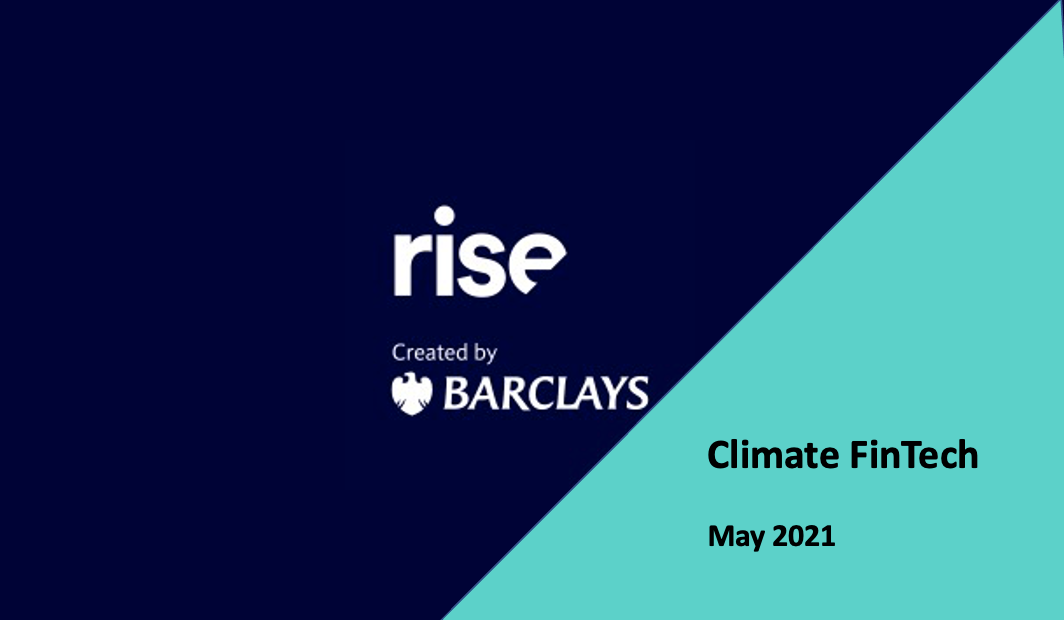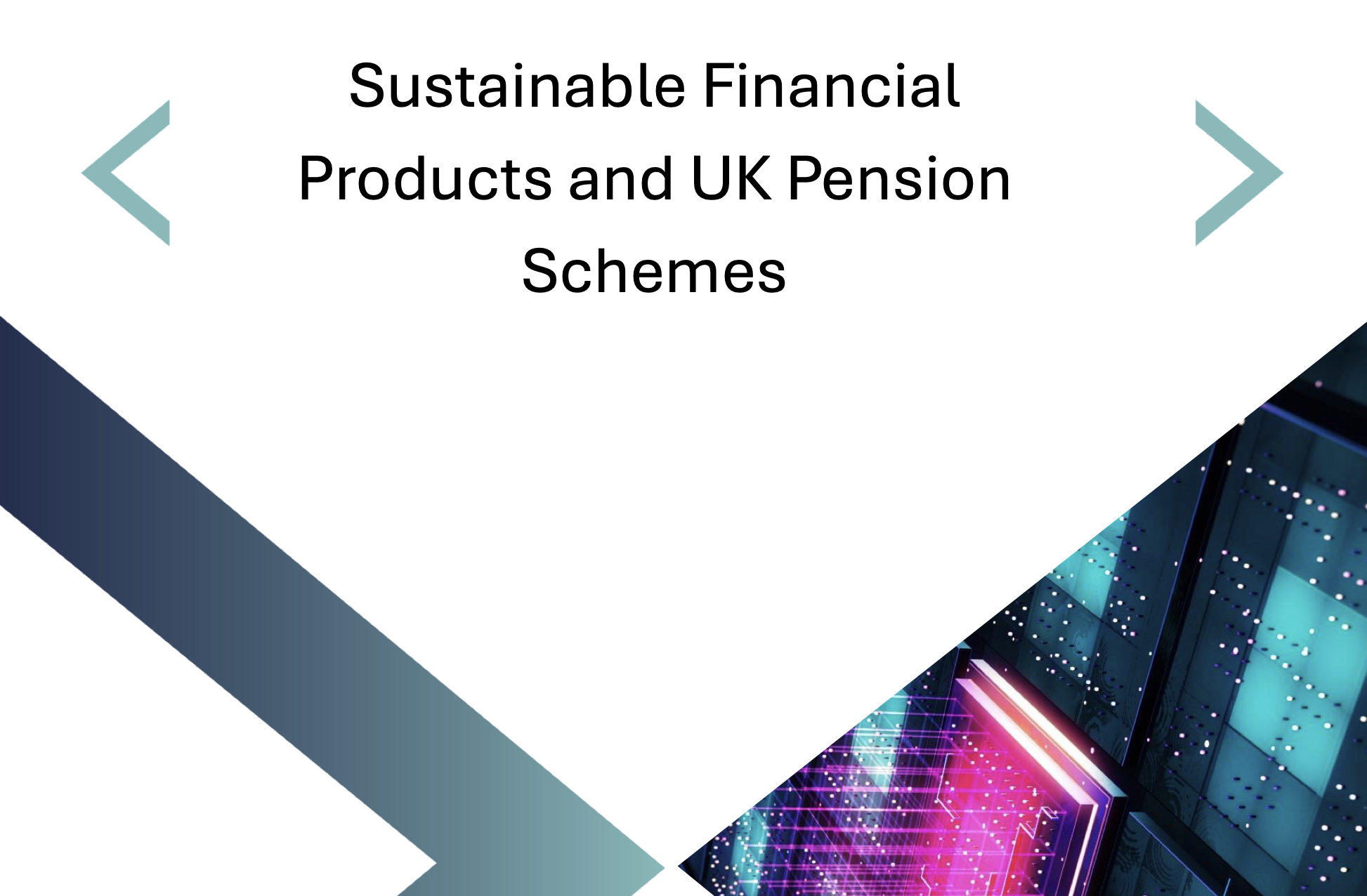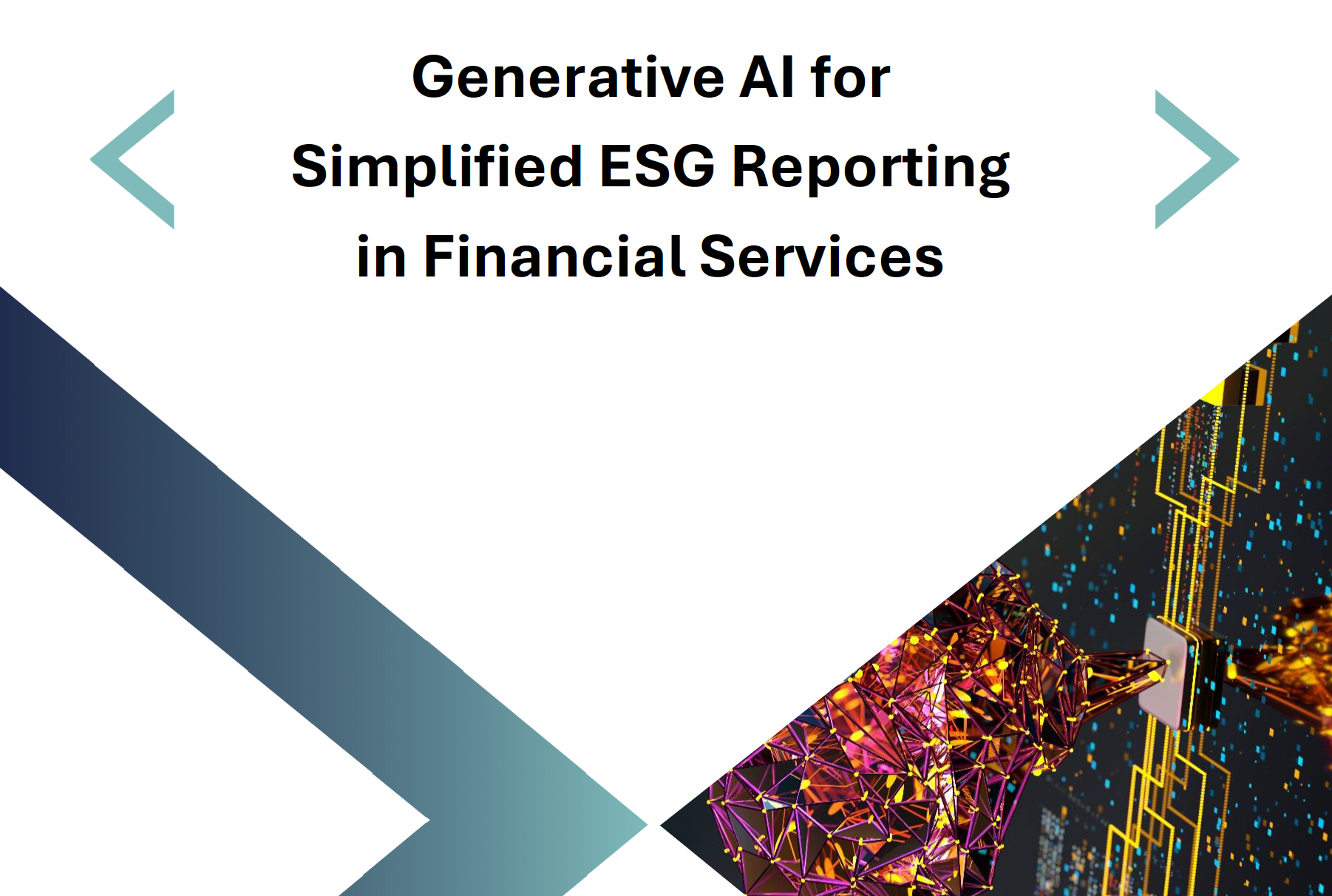Climate FinTech consumer products

The FinTech sector has an important contribution to make in reducing emissions, achieving net zero agendas and enabling climate action. The trending area of Climate FinTech encapsulates this and presents opportunities for new products and services aimed at corporates and consumers. With the need to tackle climate change already an urgent demand on society and COP26 taking place in Glasgow in November, the subject couldn’t be more topical.
Rise, created by Barclays, has recently published the latest edition of our Insights report, which focuses on this area. Here we take a look at developments in the consumer space.
But first”¦ what factors are enabling Climate FinTech? Climate change is the massive driver but, beyond this, three things impact companies’ ability to deliver innovation and add value:
Data ”“ New sources of, and ways of treating, climate-related data are being discovered and applied by FinTechs like Net Purpose, YvesBlue and Nossa Data, an alumnus of the 2021 New York Barclays Accelerator, powered by Techstars.
Policy ”“ Emergent government policies and standards addressing climate change present challenges for organisations but opportunities for FinTechs. We’re unlikely to see a single, globally recognised data standard emerge, so being able to compare standards and investments across international markets at the right level of granularity will bring transparency.
Technology ”“ Blockchain is perhaps most relevant to Climate FinTech. It’s a vital enabler in tracking the highly connected world of carbon emissions and energy consumption. Other emergent technologies include 5G and IoT.

“I see significant opportunities for innovative, fast-growth companies that are developing financial technology in supporting the transition to net zero,” writes Sasha Wiggins, Group Head of Public Policy and Corporate Responsibility at Barclays. “It’s by collaborating with business and technology teams within banks that FinTechs can understand the real-world possibilities and turn ideas into practical solutions”.
How can data, policy and technology be applied to address the needs and desires of consumers, who are increasingly adopting greener habits and looking to make more sustainable financial decisions? Here are a few FinTech companies with some impressive answers:
- Aspiration has a green take on the shift toward digital banking that fosters consumer action and enhances the trust between customers and banks. Their ‘Sustainability as a Service’ platform offers ways for individuals and businesses to align their financial needs with their values.
- Envaluate applies research-based behavioural economics, and works with banks to create new technology that provides transaction-level analysis and tips to help lead a greener life.
- OpenInvest is turning the traditional product-centric model of investing on its head, and mainstreaming a socially responsible model that helps individuals seek ethical ways to invest.
- Cushon gives people a more active say in how their pension investments are made, and demonstrates how pensions play a role in the fight against climate change.
Take action
You can read what these and other companies have to say about Climate FinTech in the Rise Insights report, which also contains a more in-depth analysis of the above enablers, and articles on how FinTechs are supporting markets’ adaptation in the areas of loyalty peer-to-peer, energy trading, embedded carbon removal and the impact of sustainability in the insurance sector.
If you’d like to learn more about how FinTechs can work with large organisations on Climate FinTech opportunities, attend one of Rise’s enterprise engagement workshops.
Barclays’ ambition to be a net zero bank by 2050 includes taking action like embedding climate impact into financing decisions. Read how the bank’s climate dashboard measures financed emissions’ to support decision making.



